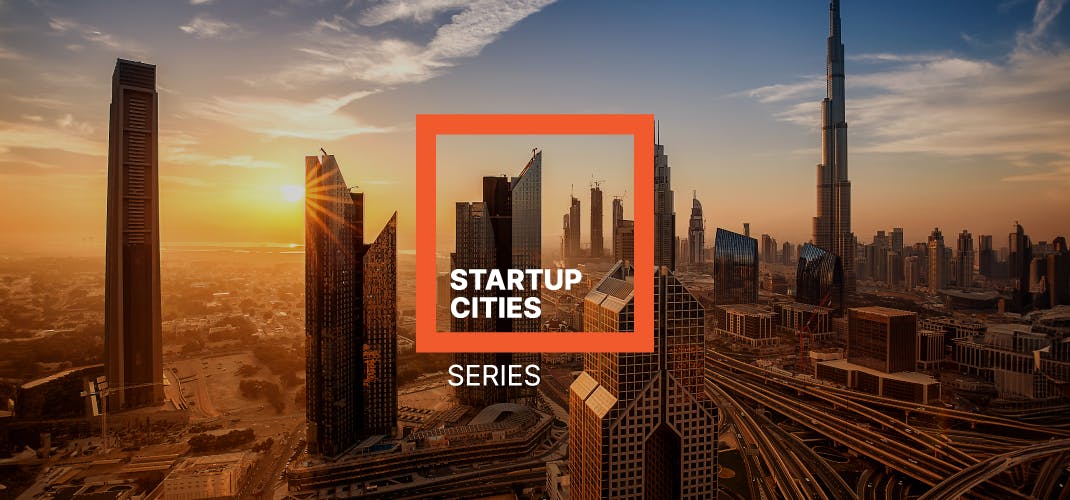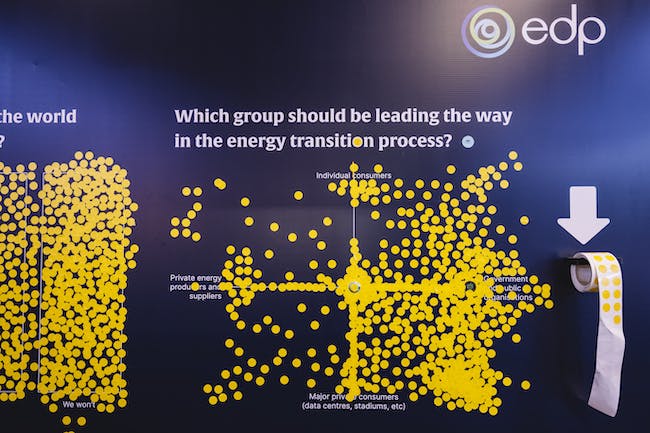
Dubai, United Arab Emirates: The startup city guide
From unicorns and smart city infrastructure to incubators and funding, learn all about Dubai’s tech star...

Web Summit 2022 united more than 71,000 attendees from all over the world. Among the various topics raised at the tech event – such as AI, business development and climate change – a question that came up frequently was, ‘How can businesses and societies transition away from fossil fuels?’.
EDP operated an attendee survey wall during the event in Lisbon, allowing entrepreneurs and activists to share their thoughts on key questions around climate change and the energy transition process.
Here are some of the key findings:
Just over 49 percent of attendees believe humankind will never achieve net-zero emissions. This was the largest cohort to weigh in behind a single answer in response to the question, ‘In what decade do you think the world will reach net-zero emissions?’.
However, 50.9 percent of respondents believe we can reach net-zero emissions within the next three decades, with 36.6 percent of attendees believing we could reach this target by the 2050s. Some 11.1 percent believe that we could achieve net-zero even sooner – by the 2040s. This shows a measured optimism around how humankind is approaching the energy transition process.
When asked, ‘What aspect of continued fossil fuel usage concerns you most?’, 36.8 percent of people ranked an increase in the frequency of extreme weather events as their chief concern. Biodiversity loss was the second most significant concern, at 35.8 percent of the vote.
The other three options — energy rationing, impacted quality of life and high cost of fuel — represented the remaining 27.4 percent of votes. Given the current economic situation, high cost of fuel and energy rationing were surprisingly the least frequent responses.
 EDP’s content survey wall at Web Summit. Image: Web Summit (CC BY 2.0)
EDP’s content survey wall at Web Summit. Image: Web Summit (CC BY 2.0)
When asked, ‘Which group should be leading in the energy transition process?’, attendees responded:
Main image of an attendee interacting with the EDP survey wall: Web Summit (CC BY 2.0)

From unicorns and smart city infrastructure to incubators and funding, learn all about Dubai’s tech star...
Web Summit event partner Mobilize asked attendees their thoughts...